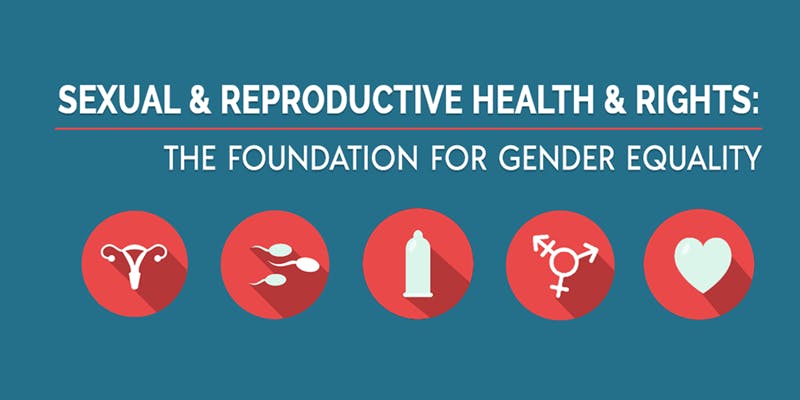By Zayamu Hassan
Lagos State and the Federal Capital Territory (FCT) have been identified as the most notorious in Sexual and Reproductive Health and Rights (SRHR) violation in Nigeria.
This is the result of the findings conducted by Lawyers’ Alert, a Non-Governmental Organisation (NGO) based in Nigeria.
While presenting the report in Abuja, yesterday, the President, Lawyers’ Alert, Rommy Mom, disclosed that since 2017, his NGO spearheaded the collation and compilation of reports on Sexual and Reproductive Health and Rights violation in Nigeria.
The data, according to him, was gathered from victims across various parts of the country using a tool unique to his organization-LADOCT.
The tool, he noted, is an online in nature that is filled by the victims themselves as a result by which the data gathered can be viewed as the most accurate representation of the situation in Nigeria.
He explained that Lawyers Alert does this in order to provide additional data for SRHR.
Lawyers Alert data, he stressed, drills down to all of the local government areas in Nigeria.
On her part, the Program Director of Lawyers’ Alert, Roseline Oghenebrume, disclosed that SRHR violations report was from violations collated alongside small and medium sized organizations at the grassroots, lawyers providing free legal services, and agencies/organizations working on SRHR in Nigeria.
She, however, revealed that the SRHR violations report will enable SRHR advocates and organizations working on SRHR to carry informed SRHR interventions and carry out evidence-based advocacy to policy makers, opinion leaders, and relevant stakeholders.
“This will lead to a positive impact on curbing SGBV, passage of favorable SRHR laws and review of unfavourable laws.
“Ultimately, the report from the Tool alongside tailored SRHR interventions will lead to a positive SRHR regime in Nigeria.”
A cursory look at the report, indicated that the FCT and Lagos state have the highest violation rates across the four reports (2017, 2019, 2020 and 2021).
“The Federal Capital Territory (FCT) has the highest violation rates twice in 2017 and 2019 respectively while Lagos also topped twice in 2020 and 2021.
“Benue had the second highest violations in 2017, 2020 and 2021 respectively.
“Lagos came third in the ranking of top violations in 2019 and 2020 while Anambra had the least violations in 2017.”
The report further revealed that Rivers, Ebonyi, Kogi and Katsina had the least violations in 2019 while Abia, Kogi, Bayelsa, Ebonyi, Nasarawa, Ekiti, Katsina, Yobe, Sokoto had the least number of violations with less than 1 per cent in 2020 and 2021 respectively.”
On violations based on groups, the report showed that: “In 2017, Persons Living with HIV (PLWH) reported the highest number of violations (38%), followed by Female Sex Workers (FSW) 30%.
“The Lesbian, Gay, Bisexual, Transgender and Intersex (LGBTI) group which included Men who sleep with Men (MSM) accounts for 21%. Violence Against women and girls (VWG) remains at 11%.
“In 2019, report shows that VWG ranks highest with 41 percent closely followed by MSM at 21%. FSW ranks third at 14%, PLWH ranks fourth at 13%. The LGBT community (9%), PWID (2%) while PWDs have an insignificant reportage of less than 1% respectively.
Speaking while presenting the report, Rommy Mom maintained that Sexual and Reproductive Health and Rights are critical to the overall health and well-being of individuals and communities.
“We know that in Nigeria these rights are often not adequately protected or respected. Indeed, other challenges to sexual and reproductive health in Nigeria include a lack of access to comprehensive sex education, limited availability of contraception and other reproductive health services in addition to the high rates of gender-based violence.”
He reiterated that all hands must be on deck to work assiduously in order to eliminate the social stigma and discrimination that often prevent individuals from accessing the health care and support they need.
He, therefore, charged both the Nigerian government and actors in the Civil Society space work together to ensure that persons have access to the information, services and support they need to exercise their sexual and reproductive health and rights.
These, according to him, include investing in comprehensive sex education, expanding access to contraception and other reproductive health services and implementing policies and programmes to prevent and respond to gender-based violence.


